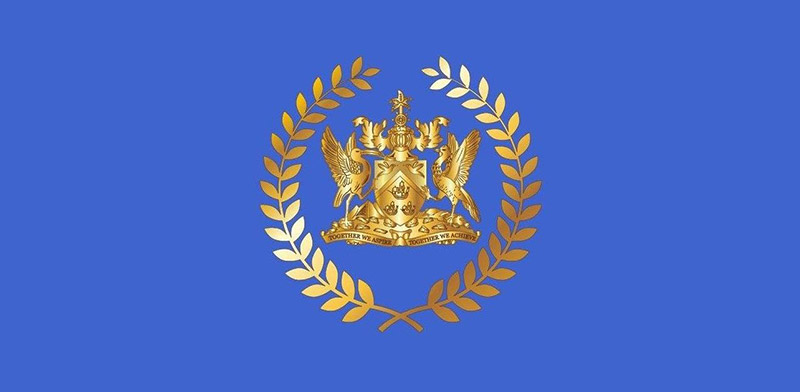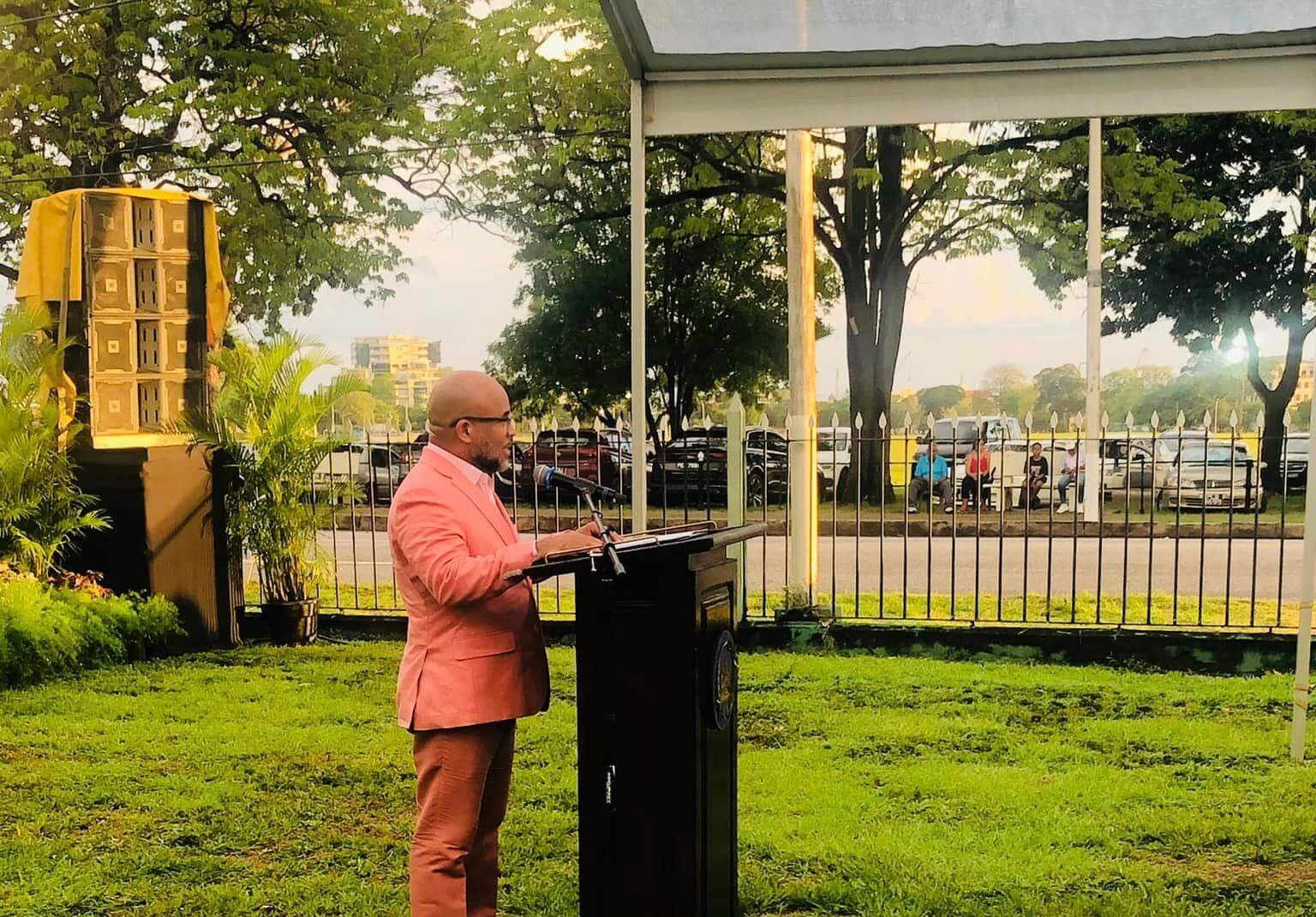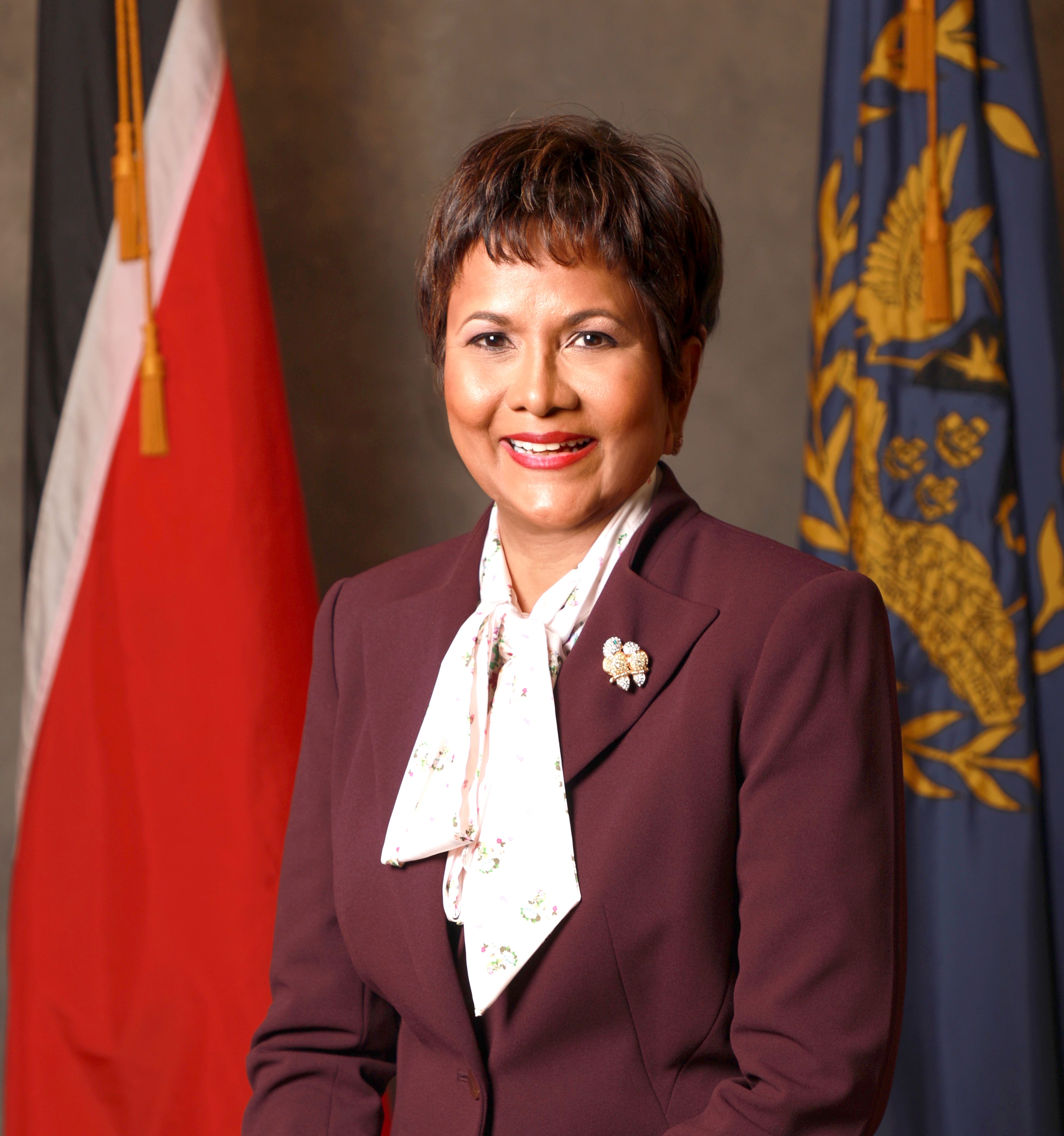Message to the Nation from
Her Excellency Paula-Mae Weekes,
President of the Republic of Trinidad and Tobago
on the Occasion of Labour Day 2018
On July 19, 1937, pastor, labourer and firebrand revolutionary Uriah ‘Buzz’ Butler led local oilfield workers in a nationwide strike which culminated in the deaths of fourteen people and the arrest and detention of dozens more. This event, the anniversary on which we commemorate Labour Day, proved to be a watershed for Trinidad and Tobago and the wider Caribbean.
In the aftermath of these events, all across the region unrest and dissent in the form of strikes and go-slows intensified to force the colonial authorities to address declining living standards of the working class, rampant poverty and low wages. These movements shaped our economic relations and provided the foundation for our current labour movement.
Today, we celebrate the workers who stood firmly against oppression and injustice, risking both lives and livelihoods. We remember the appalling circumstances under which our forebears worked and the long struggle to achieve improved working conditions, fair wages and job security. We also recognise present-day workers whose invaluable contribution to the national economy cannot be denied.
These reflections, though critical to the development of our national ethos cannot blind us to the lasting effects of both the vagaries of the world economy and our own finite resources on our national development. We cannot be uncompromising in our ways of thinking if this nation is to carve a place for itself in this rapidly-changing world.
It is therefore a shared responsibility on the part of every citizen to contribute in some way to forging an environment that is conducive to productivity and development. This begins, of course with our attitudes to work in general. We ought to work while it is day and bring to bear punctuality, conscientiousness and impartiality in the execution of our duties. These matters, if addressed willingly and collaboratively, will produce tangible improvements to our economic environment.
It must also be said that we cannot expect that the strategies and emphases of the 1930s can serve to mitigate the challenges of 2018. Reliance upon outdated ways of thinking does not bode well for accurate representation of the modern-day worker. Instead, it risks stagnation of a movement that has played and must continue to play an integral role in the shaping of our economic and political history.
It is therefore of great importance that the leaders of our unions align their goals and strategies with the economic and social realities of the present day. Unionism must ensure that today’s worker is well-equipped not only with a decent living wage but with opportunities for retraining and further education to deal with a changing local and global environment.
Make no mistake; trade unions are singular in their role as intercessor between employer and employee. They provide workers with a collective voice and a position of strength from which to negotiate, often defending the interests of the worker against powerful institutions. It is precisely due to their significant positioning that trade union leaders in their outlook and motivations should go beyond the more traditional matters of fair wages, workplace safety and protections against arbitrary termination and embrace such contemporary issues as sexual harassment, discrimination and gender inequality in the workplace.
In our march forward, I encourage continued collaboration among all arms of society to improve the lives of our people. With mutual respect and a shared vision for the development of our nation, I along with all citizens can have boundless faith in our destiny.
It gives me great pleasure to extend sincere greetings to the people of the Republic of Trinidad and Tobago for a safe, happy and meaningful Labour Day 2018.







